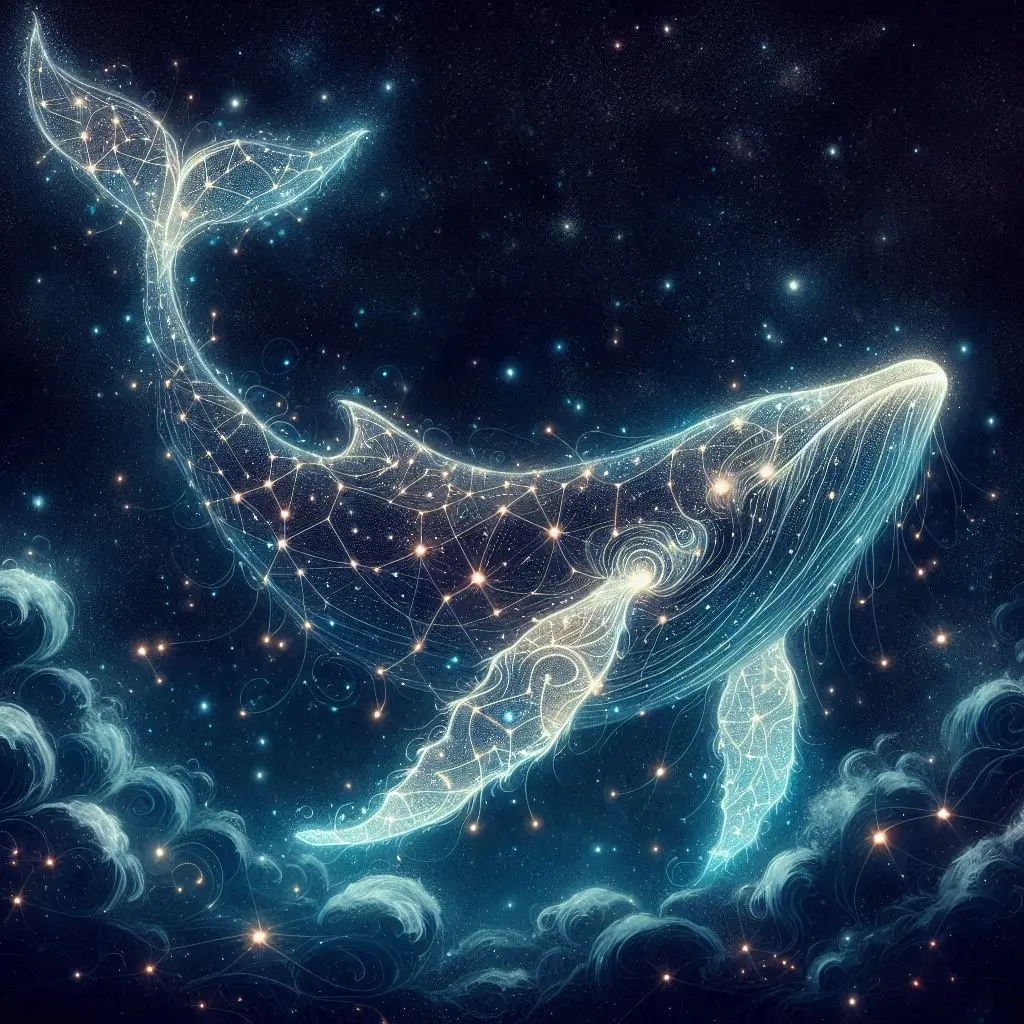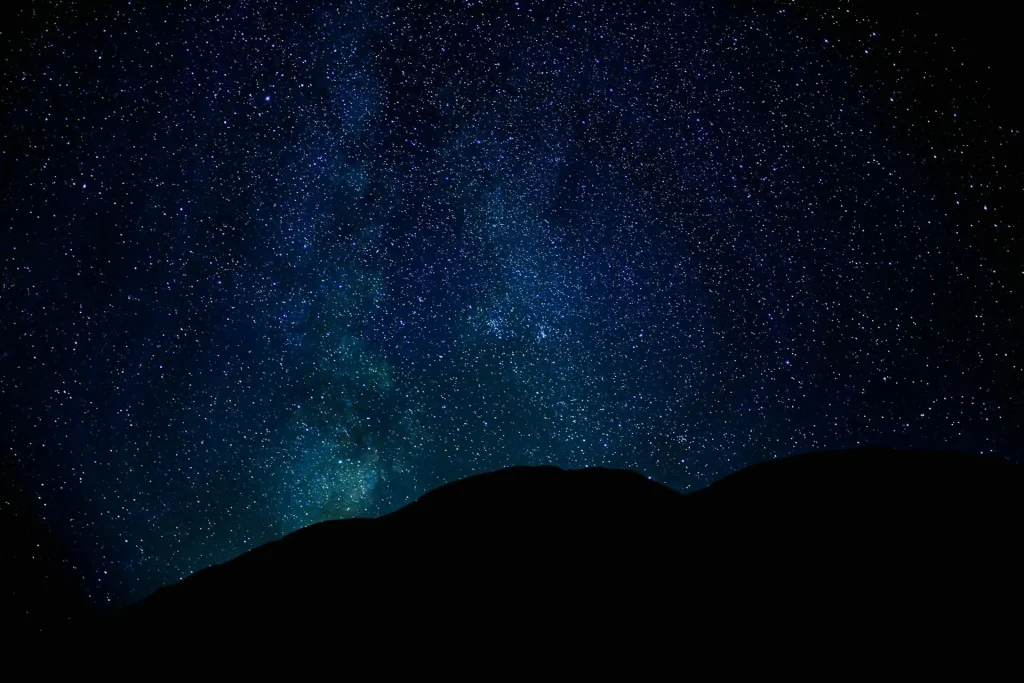Astrology, with its celestial wonders, continues to captivate us as we seek meaning in the stars above.
We’ve all become familiar with the list of 12 zodiac signs over the years, each tied to specific birthdates:
| ♈ Aries (Ram) | March 21 – April 19 |
| ♉ Taurus (Bull) | April 20 – May 20 |
| ♊ Gemini (Twins) | May 21 – June 21 |
| ♋ Cancer (Crab) | June 22 – July 22 |
| ♌ Leo (Lion) | July 23 – August 22 |
| ♍ Virgo (Virgin) | August 23 – September 22 |
| ♎ Libra (Balance) | September 23 – October 23 |
| ♏ Scorpio (Scorpion) | October 24 – November 21 |
| ♐ Sagittarius (Archer) | November 22 – December 21 |
| ♑ Capricorn (Goat) | December 22 – January 19 |
| ♒ Aquarius (Water Bearer) | January 20 – February 18 |
| ♓ Pisces (Fish) | February 19 – March 20 |
This 12-sign system has been the foundation of Western astrology for centuries, guiding us through personality traits, horoscopes, and compatibility charts.
However, as we explored in a previous article about Ophiuchus, there have been discussions about other potential zodiac signs that challenge this traditional framework.
One such sign, lurking in the celestial depths, is the proposed 14th zodiac sign called Cetus (the whale constellation).
It is said that this sign would align with those born between November 22nd and December 1st, a period that’s currently covered by Sagittarius.

The image was created by the author of this article.
Table of Contents
Origin and Meaning
The name Cetus comes from Greek mythology, where it refers to a sea monster, often depicted as a giant fish or whale-like creature.
The most famous myth involving it is the story of Perseus and Andromeda. According to the legend, Andromeda was chained to a rock as a sacrifice to Cetus, but was saved by the hero Perseus, who slayed the beast.
In the sky, Cetus is residing just below Pisces and Aries constellations. The constellation is massive, stretching over a vast region of the sky, and has been recognized since ancient times. It was one of the 48 constellations listed by the 2nd-century astronomer Ptolemy, and remains one of the 88 modern constellations.
Discovery and Inclusion
Cetus has long been acknowledged by astronomers, but its potential as a zodiac sign has been overlooked… until recently.
Some modern astrologers have started to argue that it should be recognized as a zodiac sign.
The Babylonians, who first developed the zodiac, likely knew about Cetus, but chose to leave it out, in favor of a 12-sign system that fit neatly with their calendar.
The argument for Cetus as a zodiac sign is that its constellation spans a small portion of the zodiac path, although briefly, when the Sun passes through it each year.
Traditional astrologers remain skeptical, citing the historical precedence of the 12-sign zodiac and the lack of widespread demand for a change.
However, some niche astrologers and astronomy enthusiasts are fascinated by the possibility. They argue that Cetus could offer new insights into personality traits and cosmic influences, particularly for those born under its domain.
If recognized, the sign would be slotted between Scorpio and Sagittarius, and, as previously mentioned, potentially covering the dates of November 22nd to December 1st.
Cetus Personality (Traits)
Some astrologers have speculated on the traits that might be associated with Cetus.
Individuals born under it are said to be enigmatic and complex, much like the sea monster they represent. These people might possess a deep, almost mystical understanding of the world, with a natural affinity for the unknown and the mysterious.
Cetus-born individuals might also be adaptable and fluid, able to navigate life’s challenges with a calm, measured approach. They could have a powerful presence, capable of making waves in whatever they pursue, yet they might prefer to remain in the background, much like the hidden depths of the ocean.
Changes That The Sign Brings
Should Cetus be officially recognized as the 14th zodiac sign, the impact would be considerable. Here are some of the potential changes:
Shift in Dates: Like with Ophiuchus, the introduction of Cetus would shift the dates associated with all zodiac signs, potentially changing the astrological identity of millions.
New dates are listed in the following blog post:
Disruption of the 12-Sign System: The neat, symmetrical 12-sign system would be disrupted, requiring a re-evaluation of how we understand and categorize the zodiac.
New Interpretations: Astrologers would need to develop a new set of interpretations and personality traits for Cetus, as well as adjust the existing signs to account for the new date ranges.
Compatibility Charts: The entire system of astrological compatibility would need to be reconsidered, incorporating Cetus and adjusting for the shifted signs.
Horoscopes and Predictions: Daily, weekly, and yearly horoscopes would need to include Cetus, leading to potential changes in predictions for other signs as well.
Cultural Impact: The addition of Cetus could ripple through popular culture, affecting everything… from zodiac-themed merchandise to personal identity tied to astrological signs.

Photo by Susanne Jutzeler – suju-foto
Conclusion
As we continue to explore the vastness of space, Cetus stands as a reminder that our relationship with the stars is ever-evolving, a blend of ancient tradition and modern curiosity. Whether it will ever become a household name in astrology is yet to be seen, but its story adds another layer to the rich tapestry of our celestial mythology.
___________
Do you happen to be a part of the Cetus team?
Do you think the sign should be included in the zodiac?
Looking forward to your comments below!
___________
More Articles:
- Zodiac Signs as the Spiritual Journey
- Starseed Types: A Comprehensive List of 38 Cosmic Lineages
- The Meaning of Angel Number 101 and Its Siblings
